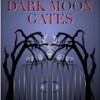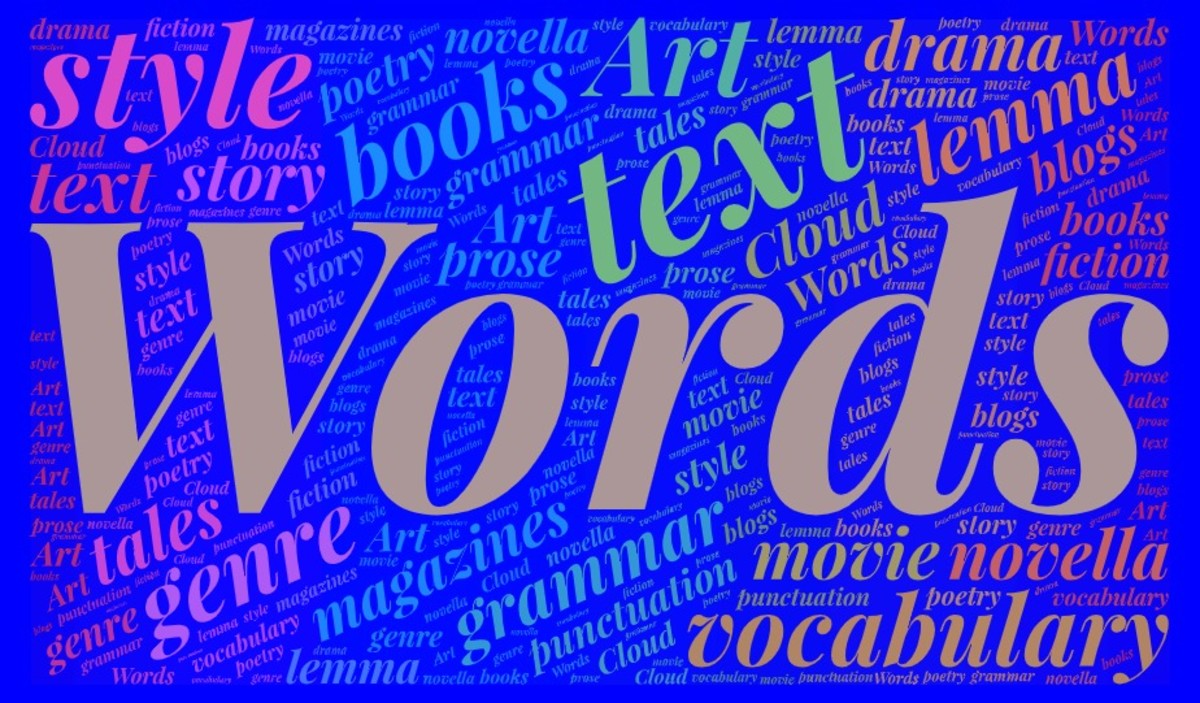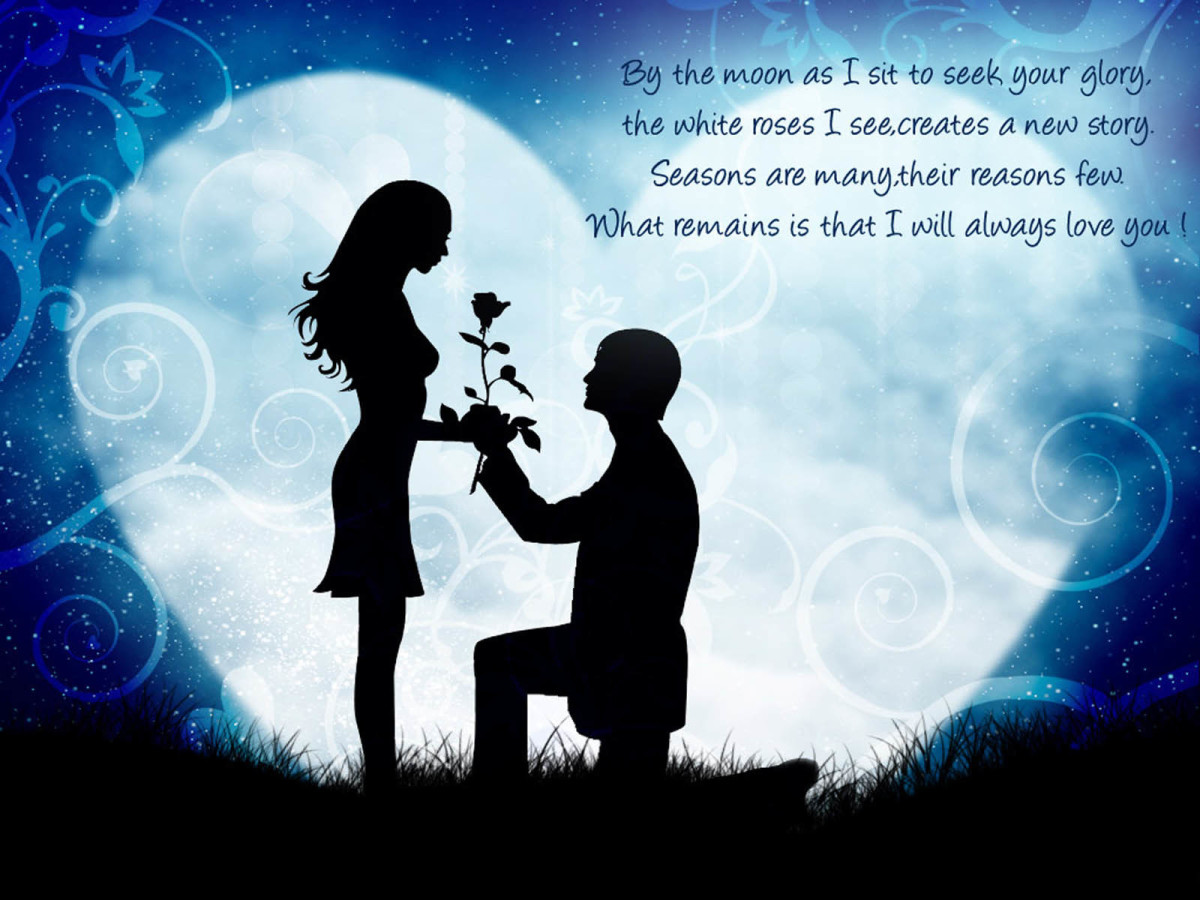Verbing Something New - Power Your Writing With Verbs
Back when I first read Lawrence Block's Telling Lies for Fun and Profit I was impressed with his chapter on "Verbs for Vim and Vigor." One of the things he talks about is turning nouns into verbs. One of his great examples was author P.G. Wodehouse, writing "he marmaladed the bread," or "trousering" (pocketing) something.
Here's how you can use verbs to give your writing energy and power.
More, you can invent your own verbs that add verve, specificity and interest to your writing.
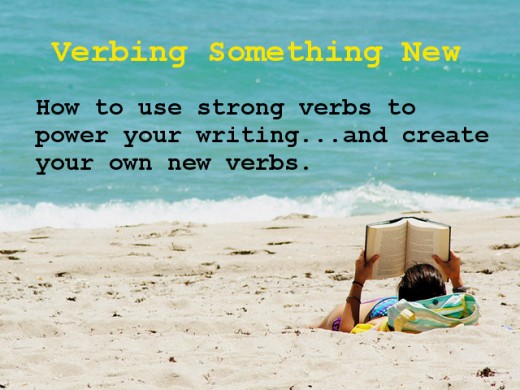
What's So Special About Verbs?
Verbs as we know from Elementary School English are "action words."
Any time you use a verb - especially a strong verb - you create movement and power in your writing.
Verbs give action to your story even when you're using otherwise static description. Things are happening! The reader gets interested and excited.
Let me give an example:
Waves pounded on the beach. The sun poured down, sending crabs skittering for the shade and clams burrowing deep into the cool sands. Beachgoers plunged into the water, seeking to escape the noon heat. Virginia dumped her blanket on the sand, slathered herself with lotion and cuddled into the middle of the latest Kiersen romance.
That's certainly not the best writing I've ever done. After all, I wrote it on the fly in less than 10 minutes, just for this example.
But let's take a look at it:


Verbs Put Your Scene in Motion
Waves pound.
Sun[light] pours.
Crabs skitter.
Clams burrow.
Beachgoers plunge and escape.
Virginia dumps a towel, slathers herself, then cuddles into a book.
Despite the fact that all we really have is a beach and a woman reading a novel, it feels like much more.
Every verb is specific enough to give the reader a vivid picture. Crabs don't move, they skitter. Beachgoers don't just swim, they plunge.
Everything is in motion, and because of it, the reader is drawn forward.
Here's a version with most of the verbs stripped out or substituted with weaker verbs:
The noon tide was coming in and it was hot out. Crabs and clams hid in shady places. While most of the beachgoers went swimming, Virgina put a towel out on the sands, covered herself with tanning lotion and opened a Kiersen novel.
Which version is more interesting or exciting to you?
With verbs, things happen. And "something happening" is the root of all novels and stories.
The Stronger Verb is the Victor
The more specific your verbs, the more they convey emotion.
Does your character step on something or stomp on it? Do they walk, or do they glide?
Strong verbs don't just tell us THAT someone did something, they tell us HOW it was done, and may often be a key to the feelings going on behind it.

Weak and Strong Verbs
Weak Verb
| Strong Verb
|
|---|---|
walk, step, move
| stomp, stride, jump, race, crawl, dance
|
lay
| drop, sprawl, crumple
|
said
| screamed, sang, cried, ranted, whispered
|
look
| watch, spy, glower, peer, pry, lurk
|
fight
| slam, punch, wrestle
|
Verbs Show Emotion
Is Virginia relaxed? Happy? Bored? Angry?
A simple verb might give us a clue into her mindset before we even know who Virginia is, why (or even IF) the book she's reading matters.
When she "cuddles" into a book, she may be reading it to relax, unwind, or maybe because the book gives her some level of comfort.r
What if she had "sprawled" or "speared" or "hurtled" or "slammed" herself into the book? How does your perception of Virgina, her emotional state and maybe even the content/genre of the book she is reading change?
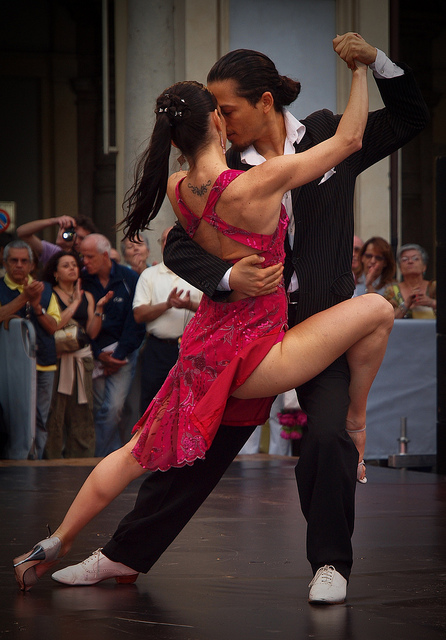
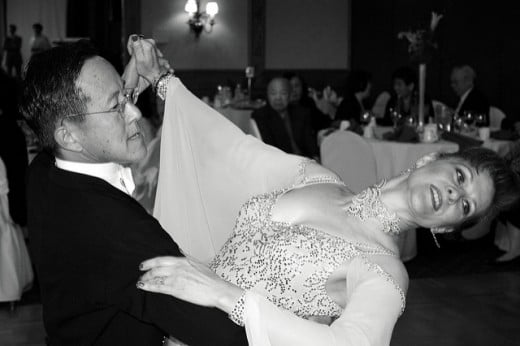
Specific Verbs Help the Reader Picture the Motion and Energy
Does your character Tango across the dance floor, or Waltz?
A Tango implies a concerted and controlled motion. There's power, passion, sexuality and energy in the movement.
My husband is a ballroom dance instructor, so I know the Waltz may actually be as concerted and controlled as the Tango. But it doesn't look that way. Instead, it seems graceful, flowing and dreamy eyed.
If your character instead plods across the floor, or scrambles or trips or boogies we have an entire different view of what's happening.
Do you pay close attention to the strength of your verbs?
Verbs Create Pace
In my original beach example things seem to be moving rather fast. If my swimmers "floated," my crabs. "clacked" or "clattered," the sun "streamed" or Virgina had "spread" her towel or tanning lotion, the pace of the paragraph and the story might have felt slower and more relaxed.
Which is best? The one that works for your story.
Do you want your characters to be having fun, to feel relaxed, flustered, stormy? Are you writing a car chase? A birthday party? Parents having a stealth fight at the dinner table? Do you want to foreshadow danger lurking just beyond sight?
Your verb choice will slow or speed up the pace, and set the mood.
Don't Mess With "Said" Unless You Need To
Your character might whisper or cry or scream once in a while. Assuming the plot calls for it. Don't go overboard on this. The actions they take while they're talking and the content of their speech itself should show the reader what's happening.
Explaining how they say something, such as "he said, lovingly," is a sign of lazy writing.
If your they "decry" or "opine," or use other "Twelve Cylinder Words" expect that your reader will get annoyed. Those words (and many others like them) are almost only useful in lousy newspaper articles. Don't tell the reader that your character is pontificating, Show it by his posture and his dialogue.
"He said," "she said" is still the easiest and most effortless method of letting us know what character goes with what dialogue.
"Said" is such an innocuous word that we don't notice it happening. We just pay attention to who's saying something and what they're saying.
Crafting Your Own Verbs
Creating new phrases is nothing new. Shakespeare is said to have coined somewhere around 3000 new words and phrases, from "sending someone packing," to being "star-crossed."
Today many of our new phrases come from the expansion of technology. For instance we can nuke something, whether a city or a computer file, a microwave dinner or even a romance. We Xerox pages. (Despite the fact that the Xerox corporation would prefer to keep their brand name secure, and would ask you to say "copied" or "electronically copied.") We tweet our friends and blog about our writing.
"Verbing" - See, I just made one up! - is as simple as taking a noun or adjective and making it into a verb, by adding a verb ending such as -ed or -ing. Sometimes you can even forego the suffix by using a straight noun in the context of a verb. (I'll do that in a moment or so - see if you can catch it.)
For instance a cook:
She sinked the dirty dishes then ovened the bread.
For this phrase to work, it helps if we already know she's in the kitchen. The fact that she's both ovening and sinking also adds context.
Because of the swift, phrase, it suggests that she does these things in a quick, no-nonsense manner. We assume she's already set the oven temperature. We don't know if she adds soap or water to the dishes, but they're out of her face. Unless the bread or dishes become important later, we don't need to know these things.
An overweight man:
His cheeks Jelloed.
If you've ever eaten Jello, you can probably visualize the slight jitter as you spoon it into your bowl.
Or we could say:
He Jelloed around the house.
At this point we don't know if he's overweight, but we can see his shaky, jittery motion.
Or:
His legs Jelloed.
In this context we can guess that he feels faint.
Do you like to create you own words or word usages?
Be Cautious When Using Common Words or Phrase to Mean Something Different
If the word is already a frequent part of speech, then using it in another context may confuse your readers.
The verb, "boot" can mean to start up a computer or to throw someone out of somewhere, like a club or a chatroom or a tavern.
Saying that someone "booted himself" would probably confuse the reader, if what you meant was that he put his boots on. However if he, "sneakered up" for a jog, it would be clear.
Verb in Context
In the case of the overweight man who Jelloed, if you haven't already made it perfectly clear that he's overweight enough to jiggle, then what would Jelloing mean? Would that mean that he ate a lot of Jello or something else?
Our cook could "sink" into a couch or have her mood "sink." It takes the addition of the dirty dishes to make sense of her actions.
When you use a verb in an unusual way, be sure you're making the context clear.
She sinked the cat.
Could be confusing to your readers.

Verb in Moderation
If every other sentence contains a new verb use there's a good chance it will be jarring to the reader. At the least it will slow them down while they make sense of your writing.
You want your reader to be informed and intrigued by your verb choice. If they're a writer or otherwise literary, they may even tingle with your brilliant word choice for a minute. What you do not want is for the reader to close the book and aspirin himself before returning to your story.
Verbing in Character
If you verb in the first person or in dialogue, it will color the reader's perception of your character.
Depending on the constructions you use, and the other knowledge the reader has, your character may come off as witty and erudite, might seem as if they're speaking a foreign language, uneducated, or even child-like, since small chidren often use words out of the usual context.
Keep this in mind as you write and verb with care.
Now go and verb yourself some exciting writing!
This article was originally published at NakedWithoutAPen 10/24/2010.
